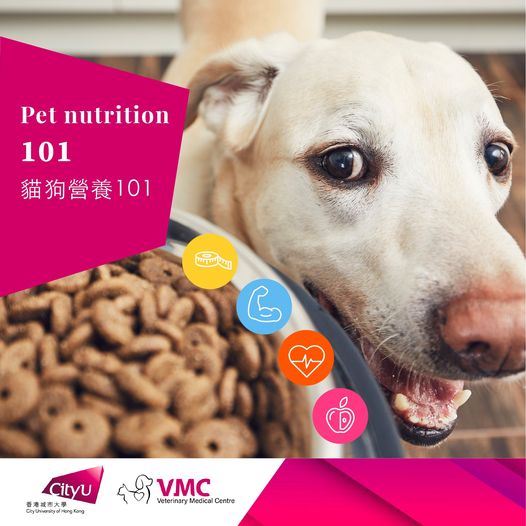
Feeding your pet an appropriate amount of a well-balanced diet is vital to its overall health and well-being. To understand how and what to feed your dogs and cats, you need to understand the nutritional requirements they need. Some may ask, can I feed my cat dog food? Cats have higher needs for many essential nutrients than dogs. Therefore, Cat food tends to be higher in protein, fat, minerals, and vitamins, which are not the same with dog food.
Daily calories intake
An average indoor cat should have 20 calories per pound to maintain weight. Therefore, a 10-pound cat who stay indoor most of the time, needs only 200 calories a day. For dogs, a 50-pound dog needs 700 to 900 calories, and larger dogs may eat up to 1,350 calories.
Essential nutrients
1) Proteins: Animal proteins have all the essential amino acids pets need, such as, Arginine, Methionine, Histidine, Taurine, etc. Cats are obligate carnivores that need nutrients found in animal-based ingredients, such as muscle and organ meat, to survive. They have a higher requirement than dogs for dietary protein such as taurine. They may develop a heart condition (dilated cardiomyopathy), develop irreversible blindness, experience reproductive failure, etc if they do not have sufficient high level of taurine intake.
2) Fats : Dietary fats mostly come from animal fats or plant seed oils, they are the biggest source of energy in your pet’s diet. They need omega-3s to keep skin and fur healthy, insulate the body and produce some types of hormones, etc. Moreover, arachidonic acid is an essential fatty acid that cats cannot produce, while dogs can. It is required to produce an inflammatory response that signals the body to send healing agents to a damaged location for the clotting of blood.
3) Carbohydrates: Carbohydrates deliver energy, help maintain digestive health, and affect reproduction. Fiber is a type of carbohydrate too that affects the bacteria in your pet’s intestine. For your pet to get the biggest benefit from fiber, the fiber should be fermentable which can be found in wheat, rice, or vegetables.
4) Vitamins and minerals: Pet foods should contain the following vitamins - Vitamin A, D, E, K, B12, etc, which will bring positive impact to their eyesight, help building up bones, making red blood cells, and the clotting of blood. You need to be aware that cats cannot make the active form of vitamin A or adequate quantities of niacin (a B vitamin).
To make sure the pet food you buy has the right mix of nutrients, look for the words "complete and balanced nutrition" on the label. You might also see "Meets the nutritional requirements of dogs established by the American Association of Feed Control Officials (AAFCO)" or "Complete and balanced nutrition for dogs based on AAFCO feeding trials.". For cats, look for the label Association of American Feed Control Officials (AAFCO) on the package.
Dry food or canned food?
Both dry and canned pet food will give your dog good nutrition. Some experts prefer dry food because it may help keep teeth and gums healthy. And canned food tends to have more fat and protein - especially animal protein - and fewer carbohydrates than dry food. If you make your own pet food, use recipes created by nutritionists to be "complete and balanced."
Appointment/Enquiry:
3650 3000 (Mon-Sun: 9:00am – 7:00pm)
Address:
G-2/F, Trinity Towers, 339 Lai Chi Kok Road, Sham Shui Po
Online booking for revisit with primary care veterinarians or vaccination:
https://www.cityuvmc.com.hk/en/online-booking